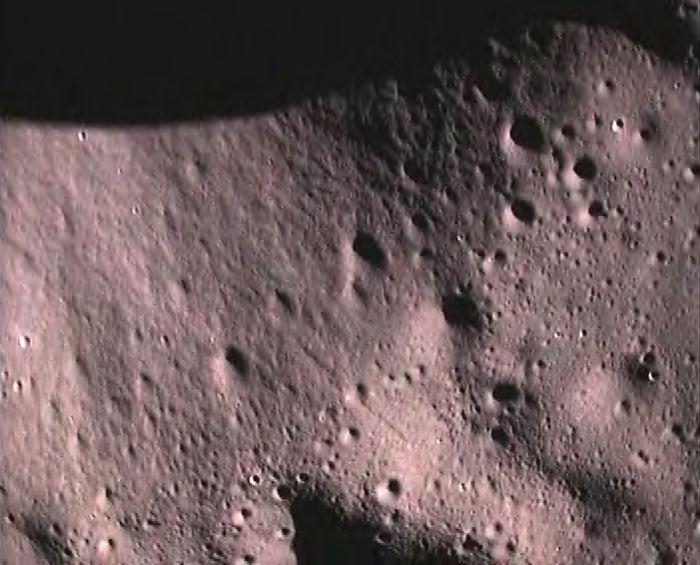Chandrayaan-2 to be launched in January-March window in 2019
August 12, 2018 21:08

India's second moon mission Chandrayaan-2 will now be launched in the January-March windowin 2019 instead of later this year as the design was changed to enable it land on the lunar surface, Indian Space Research Organisation chief K Sivan said in Bengaluru today.
"We have planned to launch Chandrayaan mission in January3. We are fixing with that (date) and targeting that. But that is an open window. We can go up to March also. As we are coming closer (the date), we may miss the target," he said.
The reason for postponing the mission was that there were certain important changes made in the design so that it could easily land on the lunar surface, he said.
He was speaking on the sidelines of a function, where bust of Dr Vikram Sarabhai, the architect of the Indian space mission, was unveiled.
Asked why the weight of Chandrayaan-2 was increased by600 kg, he said the ISRO noticed during experiments that after the moon lander was ejected, the satellite would shake.
So they decided that the design modification was required for landing and mass has to be increased.
"We also realised that the orbiter required more phases,which required more fuel," he told reporters.
On the space agency's future missions, Sivan said ISRO also plans to launch 50 satellites in the next three years.
The space agency would launch 22 satellites in 2019, the maximum in any year in the history of ISRO, he said.
"Next year from February to December we plan to have 22missions with almost two missions per month, which is a very important activity. This tight schedule of programmes we are doing for the first time.
"We have set a target.We may not be able achieve but we are targeting it. So many missions in a year is a huge target for the first time in the history of ISRO," Sivan said.
The remaining months of 2018 would also be very hectic for the ISRO as it plans to launch at least two missions every month, he said. -- PTI





 © 2024 Rediff.com -
© 2024 Rediff.com -